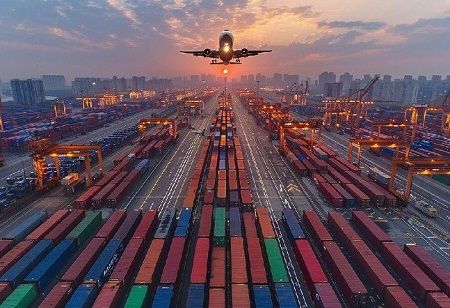
- U.S. 25% tariffs could severely hit Korea’s auto, steel, and electronics exports.
- Hyundai’s profits fell 16% in Q2; production disruptions already underway.
- Seoul pursues tariff relief and shifts production globally to protect its exporters.
South Korea's export-oriented economy is vulnerable to the growing risks created by the introduction of wholesale 25% U.S. tariffs on manufactured goods (automobiles, steel and electronics) with an effective start date of August 1. The proposed policy affects sectors core to the economy's export orientation and has raised alarm levels across industrial clusters from chips to automobiles.
Manufacturing output has already shown early signs of strain in some sectors including automotive and steel. Hyundai Motor Co. reported a 16% drop year on year in Q2 operating profit or ₩828 billion ($606M) loss due to tariff incurred costs. Steel exports are down and factories scale back and halt production.
While semiconductors are a sector less directly affected, they are not untargeted. Their supply chains could be disrupted like chipmakers Samsung and SK Hynix, especially on parts and assembly operations where U.S. markets are involved.
Also Read: South Korea Eyes Tariff Gains Through US Shipbuilding Alliance
Seoul is seeking both diplomatic relief and business resolutions. Trade discussions with U.S diplomats continue though separate from the $20 billion+ support package announced by the government. Industry groups are lobbying the Biden administration for either concessions or simply a pause in tariffs. Korean conglomerates are also accelerating investments in U.S.-based production, partnerships or ventures, and digital transformations reducing what some companies are branding a risk reduction.
This outcome with high stakes comes down to if South Korea gets some relief before the August 1, 2023, tariff deadline, otherwise, South Korea will begin seeing contractions in exports causing profits to be eroded and industrial sector-wide economic shocks.

